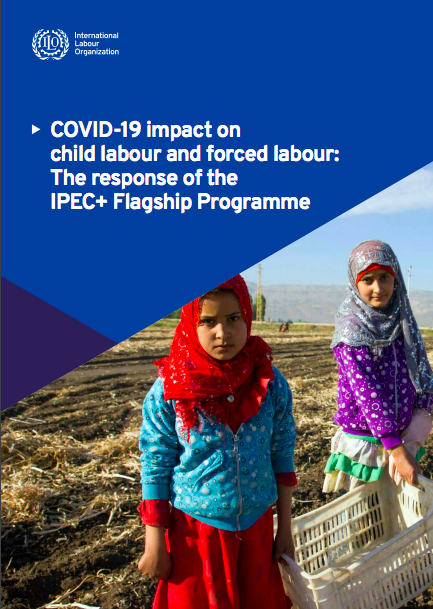Recovering Rights Series: Business and Human Rights in a Just Recovery
COVID-19 resourcesGuidanceThis brief is part of a series highlighting how we can leverage the commitments governments have made to guarantee human rights to steer us towards a just recovery from the COVID-19 pandemic. The pandemic response has demanded a greater role for ...Read More

